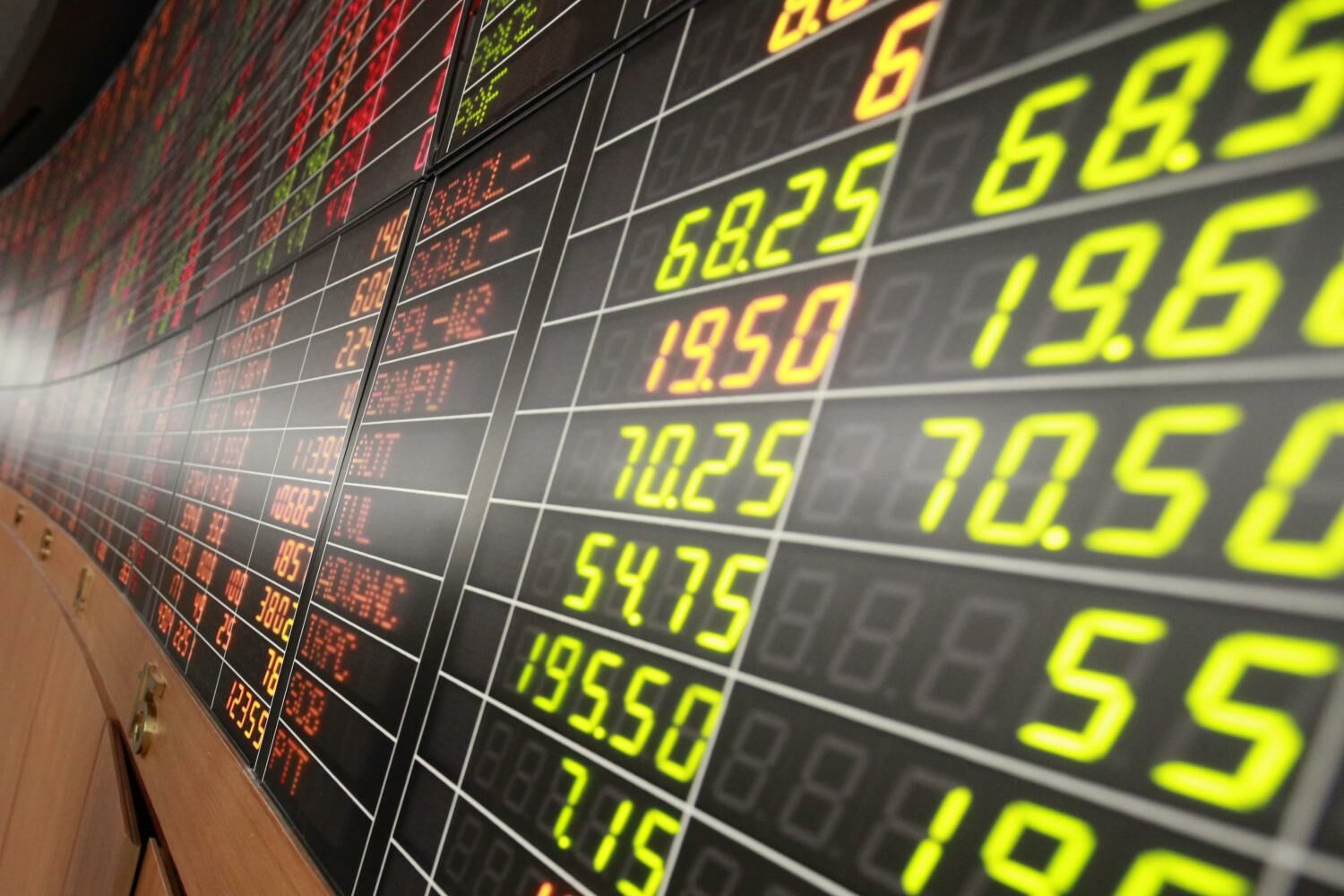Thai stock market leads Asia with 6% dollar gain in September

The Thai stock market has surged to become the top performer in Asia this month, recording a 6% increase in dollar terms. Foreign investors have returned as net buyers, injecting over 20 billion baht (US$595 million) into the market, driven by a combination of domestic and international factors, according to the Stock Exchange of Thailand (SET).
South Korean and Chinese stock markets have experienced negative returns this year. However, the SET has delivered an 11% return in dollar terms over the past month and a 2.1% year-to-date gain. In local currency terms, the Thai stock market has achieved a 1.1% return.
From September 1 to 9, the average trading value of the SET and the Market for Alternative Investment was 65.2 billion baht (US$1.9 billion), up from 46.0 billion baht (US$1.4 billion) the previous month.
The SET’s performance has been bolstered by a more stable domestic political situation following the parliamentary vote for a new prime minister, stronger-than-expected economic growth, and robust second-quarter earnings from listed companies, said Soraphol Tulayasathien, senior executive vice-president of the SET.
Internationally, a potential rate cut by the Federal Reserve later this month is also providing support. At the Jackson Hole Economic Symposium in late August, Federal Reserve Chair Jerome Powell indicated that inflation is close to the US central bank’s 2% target, suggesting that rate cuts are imminent.
“As a result, capital flows are likely to shift towards equities and bonds in emerging markets with strong fundamentals, and a correction on Wall Street appears increasingly imminent following the recent upsurge,” said Soraphol.
Stock market
Analysts forecast that fund flows will increase for the remainder of the year, aided by tax incentives for investments in the Thailand ESG Fund and a clear launch path for the Vayupak Fund, which offers a minimum return guarantee.
“These favourable factors are expected to attract investor interest and strengthen confidence in the Thai capital market,” Soraphol added.
Listed companies are increasingly using share buybacks as a tool for managing financial liquidity. Treasury stock activities indicate that company executives believe current share prices are below their intrinsic value, which is encouraging investor demand, Soraphol noted.
At the end of August, the SET index closed at 1,359.07 points, a 2.9% increase from the previous month, aligning with other regional indices. Consequently, the benchmark index has reduced its loss to just 4% since the end of 2023.
For the first eight months of this year, the average daily trading value of the Thai stock market declined by 22.2% year-on-year to 44.4 billion baht (US$1.3 billion), reported Bangkok Post.
The SET’s forward price-to-earnings (P/E) ratio at the end of August was 14.9 times, higher than the Asian market average of 12.9 times. The historical P/E ratio was 16.4 times, surpassing the average for Asian bourses of 15.1 times. The dividend yield ratio for the SET at the end of August stood at 3.5%, above the Asian market average of 3.16%.
Latest Thailand News
Follow The Thaiger on Google News:


























